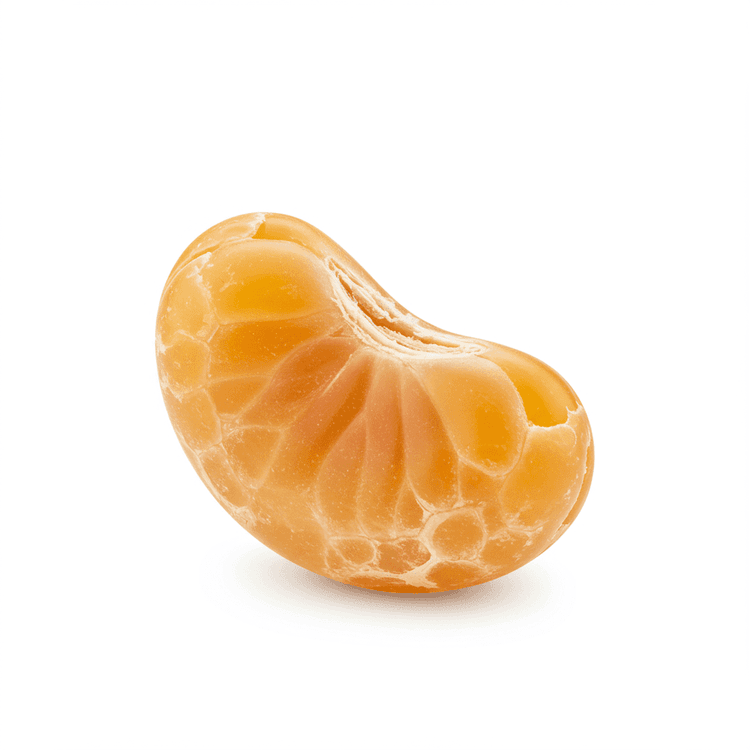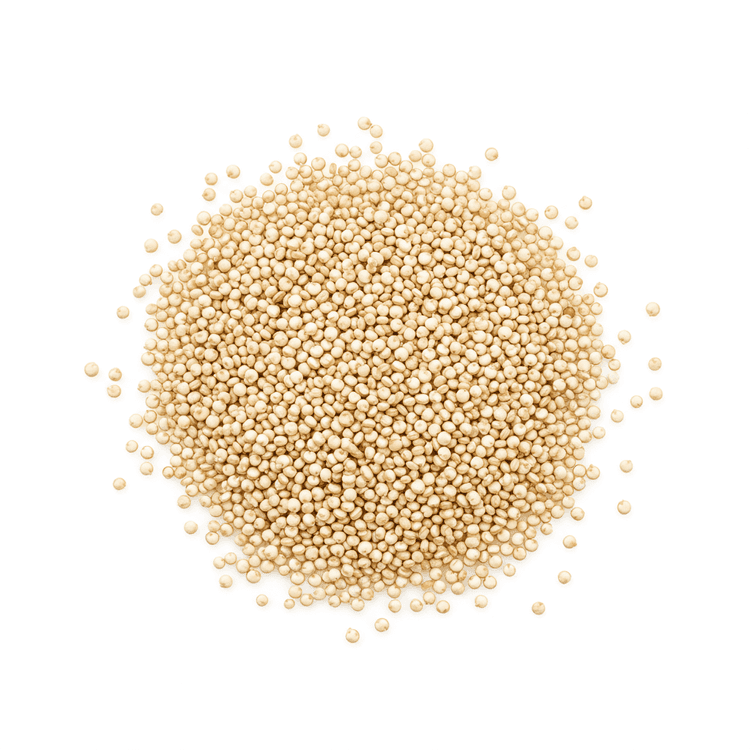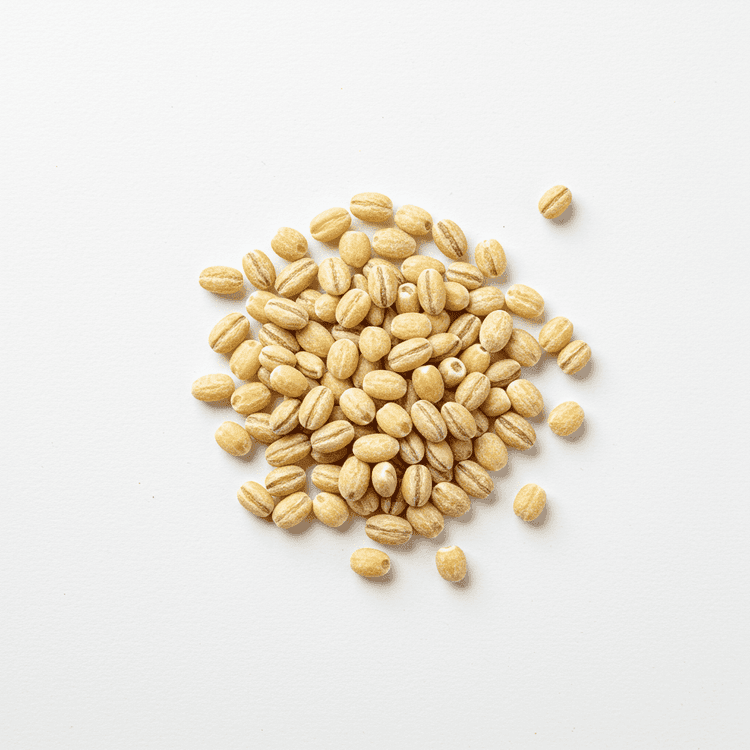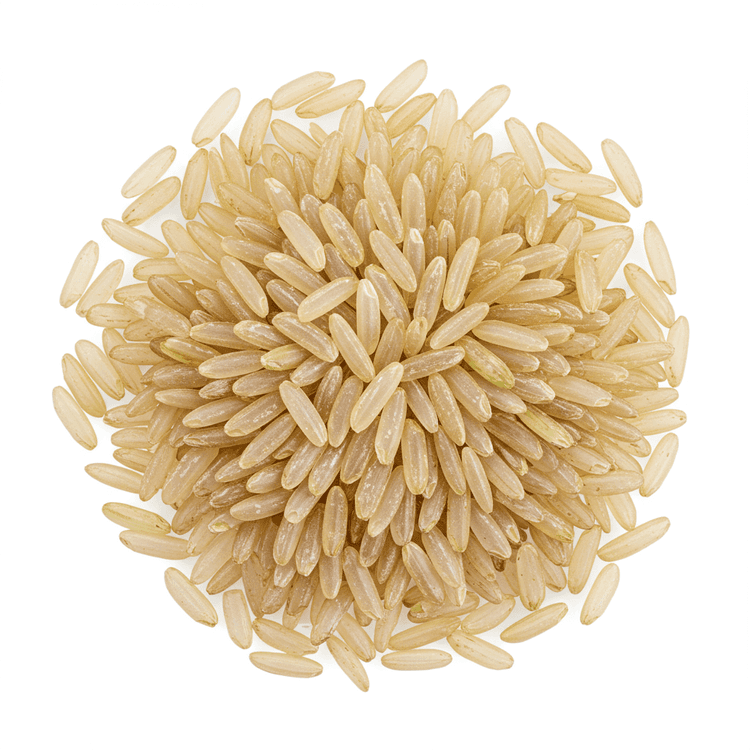
Kernel
A kernel, in culinary terms, generally refers to the edible, usually innermost, part of a seed or nut. Kernels are often characterized by their firm, sometimes crunchy texture and subtly nutty or earthy flavor. They can range in appearance from pale white or cream to various shades of brown. A variety of kernels are available, offering diverse flavor profiles and nutritional benefits. For example, the kernels of corn, wheat, rice, and many other grains and nuts such as almonds, walnuts, and pecans, are commonly consumed.
Common Uses
- Used to make flours, meals, and cereals: Kernels like wheat, corn, and rice are ground into flour for baking bread, pastries, and other baked goods. Cornmeal, grits, and rice flour are examples of the diverse forms in which kernels are utilized. - Roasted and eaten as a snack: Kernels like pumpkin seeds and sunflower seeds are commonly roasted and enjoyed as a crunchy and nutritious snack. Roasting enhances their natural flavor and texture. - Added to trail mixes and granolas: A variety of kernels such as nuts are added to trail mixes and homemade granola for extra crunch, flavor, and nutrition, providing a boost of energy. - Used as a thickening agent in sauces and soups: Cornstarch, derived from corn kernels, is a common thickening agent in sauces, soups, and gravies. It adds a smooth, glossy texture to the final product. - Pressed to extract oil for cooking: Kernels such as sunflowers and corn are pressed to extract oils that are utilized in cooking. These oils are valued for their neutral flavor and high smoke point. - In candy and confections: Many confections utilize kernels such as peanuts, almonds, or pecans, as focal ingredients, or add texture and flavor to chocolates and candies.
Health Benefits
- Good source of fiber, promoting digestive health and regularity.
- Rich in antioxidants, helping to protect against cell damage and chronic diseases.
- Provides essential vitamins and minerals like magnesium, phosphorus, and B vitamins.
- May contribute to heart health by helping to lower cholesterol levels.
- Can aid in weight management due to its fiber content and satiety.
- Offers a sustained release of energy, preventing blood sugar spikes.
Substitutes
Chefadora AI is here.
Experience smarter, stress-free cooking.
Storage Tips
Proper storage is essential to maintain the freshness and flavor of kernels. Store kernels in an airtight container in a cool, dark, and dry place, such as a pantry or cupboard. This will protect them from moisture, light, and pests. For extended storage, especially in warmer climates, consider refrigerating them in an airtight container to prevent spoilage and rancidity. Freezing is also an option for long-term storage; place the kernels in a freezer-safe bag or container. Always check for signs of spoilage, like an off odor or discoloration, before using.
Marnirni-apinthi Building, Lot Fourteen,
North Terrace, Adelaide, South Australia, 5000
Australia




